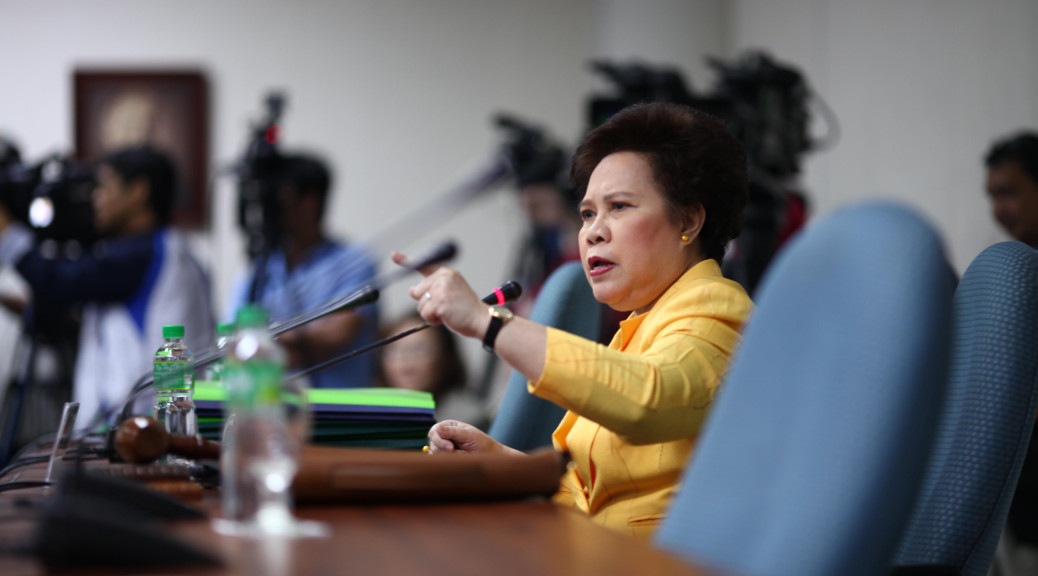Philippine News
Senate weighs pros and cons of electoral reforms
MANILA – Senator Miriam Defensor-Santiago earlier filed electoral reforms that would prohibit premature campaigning a year before the start of the official campaign period. The Senate panel has then been weighing the pros and cons of the reforms.
The reform stated that the potential candidate should not self-promote or even lay down political plans by the start of the campaign period but only after he has filed for candidacy.
Senator Aquilino Pimentel III, chairman of the committee, said that the bill would not pose a problem as possible candidates do not usually set their political plans early as they have yet to decide whether to run or not.
The concept of ‘premature campaigning,’ however, was an issue.
“It seems it’s not in our political culture to plan that early. So we will study carefully the concept of premature campaigning because it might be breached or violated countless times,” Pimentel said in an interview.
“It would be difficult to implement because you will be called to answer for acts you committed before you filed your [certificate of candidacy] and that would be eight months of decision making and actions, that you should be conscious for eight months that you would file your COC. So that means you will be watching your actions for 8 months,” he added.
Pimentel then proposed a compromise that an individual who filed for candidacy would immediately be considered a candidate but could not start campaigning until the start of the official campaign period.
Senator Vicente Sotto III, for his part, asserted that the bill was a dilemma to television or radio personalities like him. Sotto has been a host of noontime show “Eat Bulaga” for several years now.
Sotto also pointed out that he would then be disqualified should he run for a position given the electoral reform.
“The bottom line is the bill is preventing people from television and the movies from entering politics,” he said.
With concerns raised, Pimentel said that the bill will unlikely become a law in time of the May 2016 national elections.






















